Amadeus Quartet - Schubert: String Quartet No.10 In E Flat Major, D.87; String Quartet No. 8 In B Flat Major (2017)
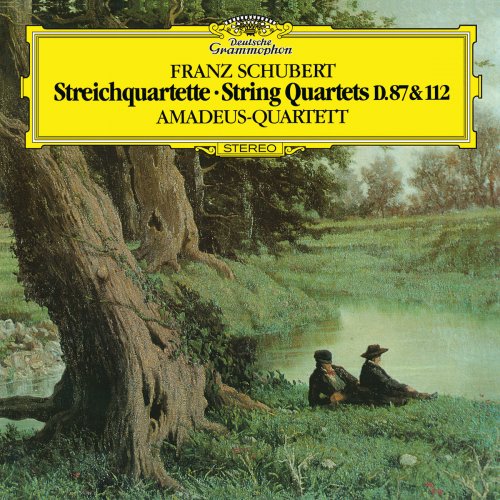
Artist: Amadeus Quartet
Title: Schubert: String Quartet No.10 In E Flat Major, D.87; String Quartet No. 8 In B Flat Major, D.112 (Op. Post. 168); String Quartet No.9, D.173
Year Of Release: 2017
Label: Deutsche Grammophon (DG)
Genre: Classical
Quality: flac lossless
Total Time: 01:09:09
Total Size: 303 mb
WebSite: Album Preview
TracklistTitle: Schubert: String Quartet No.10 In E Flat Major, D.87; String Quartet No. 8 In B Flat Major, D.112 (Op. Post. 168); String Quartet No.9, D.173
Year Of Release: 2017
Label: Deutsche Grammophon (DG)
Genre: Classical
Quality: flac lossless
Total Time: 01:09:09
Total Size: 303 mb
WebSite: Album Preview
---------
01. Schubert: String Quartet No.10 In E Flat Major, D.87-1. Allegro moderato
02. Schubert: String Quartet No.10 In E Flat Major, D.87-2. Scherzo: Prestissimo
03. Schubert: String Quartet No.10 In E Flat Major, D.87-3. Adagio
04. Schubert: String Quartet No.10 In E Flat Major, D.87-4. Allegro
05. Schubert: String Quartet No. 8 In B Flat Major, D.112 (Op. Post. 168)-1. Allegro ma non troppo
06. Schubert: String Quartet No. 8 In B Flat Major, D.112 (Op. Post. 168)-2. Andante sostenuto
07. Schubert: String Quartet No. 8 In B Flat Major, D.112 (Op. Post. 168)-3. Menuetto: Allegro
08. Schubert: String Quartet No. 8 In B Flat Major, D.112 (Op. Post. 168)-4. Presto
09. Schubert: String Quartet No.9, D.173-1. Allegro con brio
10. Schubert: String Quartet No.9, D.173-2. Andantino
11. Schubert: String Quartet No.9, D.173-3. Menuetto. Allegro vivace
12. Schubert: String Quartet No.9, D.173-4. Allegro
The Amadeus Quartet developed a reputation as one of the finest string quartets from the second half of the twentieth century. Its tradition and style were Viennese and its repertory was largely Austro-German: Haydn, Mozart, Beethoven, Schubert, and Brahms were at the core, though it performed works by Smetana, Franck, Bruckner, Bartók, Britten, Tippett, and other twentieth century composers. They also regularly performed quintets and sextets (Mozart, Brahms, Schubert, etc.), usually adding cellist William Pleeth and/or violist Cecil Aronowitz. The Amadeus was one of the longest-lived quartets, performing for 40 years without a personnel change, and it was also among the most popular string quartets in England, Germany, the United States, and parts of Europe. It made numerous recordings -- many still available -- for several labels, including DG, Decca, and EMI.
The Amadeus Quartet was formed in London in 1947 and first named the Brainin Quartet after first violinist (and ensemble leader) Norbert Brainin. Owing to their Jewish heritage, three of the group's members -- Brainin, Siegmund Nissel (second violinist), and Peter Schidlof (violist) -- fled Vienna after Hitler's 1938 annexation of Austria. The three players later met English cellist Martin Lovett to complete what would become one of the most celebrated quartets of the twentieth century.
Its first concert took place at Dartington International Summer School (a music festival, as well as music school) on July 13, 1947. That performance was given under the group's original name, but on January 10, 1948, it gave its premiere concert as the Amadeus Quartet at London's Wigmore Hall.
By the early '50s, the ensemble had achieved international recognition, as tours of the Americas, Asia, Japan, and Australia regularly garnered critical acclaim. Its early recordings were also drawing positive responses from both critics and public. In 1960 Nissel became ill, for a time halting the ensemble's activities. He suffered a second serious sickness in 1981, causing the now-celebrated group to play as a trio until his recovery.
Beside its considerable recording activity (the Amadeus Quartet was said to have made some 200 recordings during its 40-year association), the players also taught: in 1978 they began teaching at the Hochschule in Cologne, Germany, and for the last two years of the group's existence (1986-1987) they taught at London's Royal Academy of Music. In 1987 Schidlof suddenly died. The other members decided he could not be replaced and disbanded.
![Martin Listabarth Trio - In Her Footsteps (2026) [Hi-Res] Martin Listabarth Trio - In Her Footsteps (2026) [Hi-Res]](https://www.dibpic.com/uploads/posts/2026-02/1771946819_folder.jpg)
![Chad Lefkowitz-Brown - City Spirit (2026) [Hi-Res] Chad Lefkowitz-Brown - City Spirit (2026) [Hi-Res]](https://www.dibpic.com/uploads/posts/2026-02/1772171883_y3mc4z2lmsr7a_600.jpg)
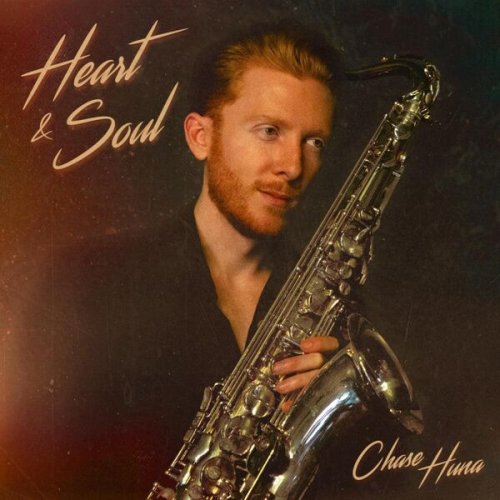
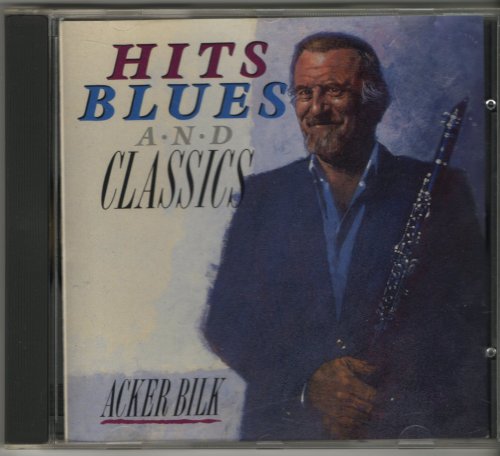
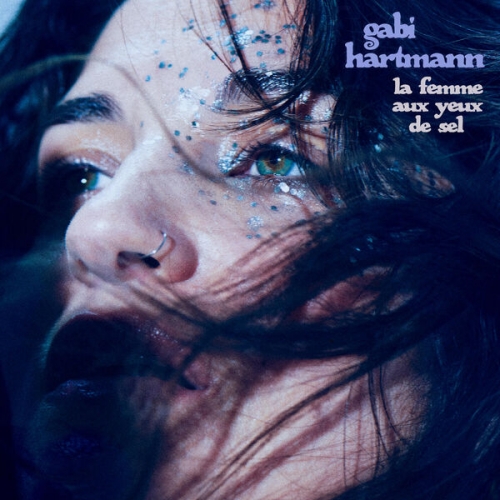

![Bill Frisell - In My Dreams (2026) [Hi-Res] Bill Frisell - In My Dreams (2026) [Hi-Res]](https://www.dibpic.com/uploads/posts/2026-02/1772013732_tpex4dl25956z_600.jpg)
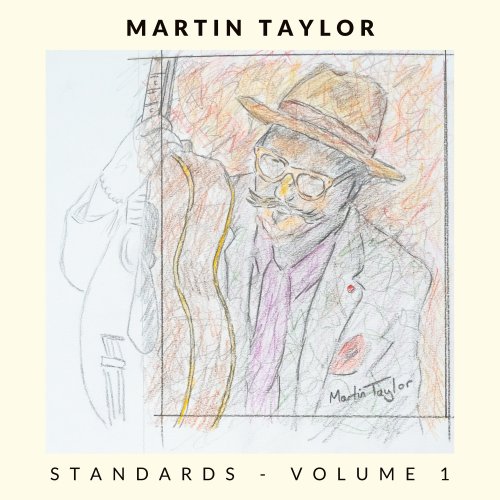
![Various Artists - Lost Tracks: Accra to Addis (2026) [Hi-Res] Various Artists - Lost Tracks: Accra to Addis (2026) [Hi-Res]](https://img.israbox.com/img/2026-02/26/lqvyrzr9f9yed5j0r3zv7c1r6.jpg)